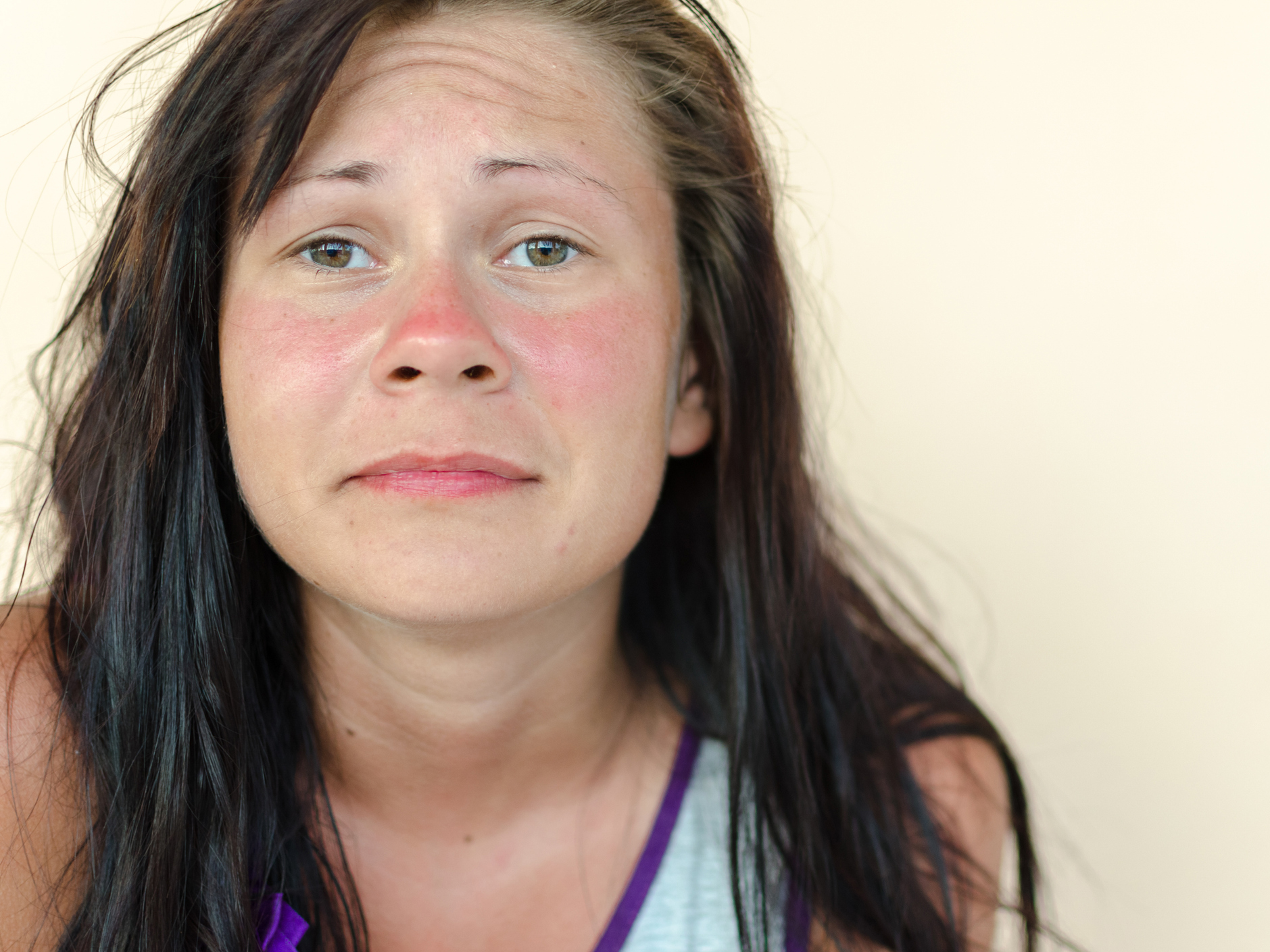Get Easy Health Digest™ in your inbox and don’t miss a thing when you subscribe today. Plus, get the free bonus report, Mother Nature’s Tips, Tricks and Remedies for Cholesterol, Blood Pressure & Blood Sugar as my way of saying welcome to the community!
Have you wondered why your psoriasis is worse since developing high blood pressure?

Living with the skin inflammation, irritating plaques and pain that come with psoriasis can seem like more than enough to deal with.
But, when you end up with another health condition, it can be like living dead center between a rock (your disease) and a hard place (the way the drugs your doctor prescribes can affect your psoriasis).
This is especially true if you also have high blood pressure.
High blood pressure is a life-threatening condition if not properly managed. So, filling any prescription your doctor writes seems like a no-brainer…
At least until your psoriasis flare-ups get worse and your irritated skin becomes swollen as it cracks and bleeds.
You may wonder, “Good, grief, what did my doctor put me on?”
Well, probably a beta-blocker — the most commonly prescribed treatment for conditions like high blood pressure and even irregular heartbeat.
Unfortunately, for people with psoriasis, things just aren’t that simple…
A psoriasis trigger
You see, scientists have long known that beta-blockers can cause severe skin inflammation. However, no one really knew why, so, too often, psoriasis patients were forced to just grin and bear their flare-ups to keep their blood pressure under control.
But scientists dug in and specifically looked at the effects of one very commonly used beta-blocker known as propranolol, and its effect on psoriatic cells.
And, they found that the problem comes down to three things that exacerbate psoriasis…
#1 – Fat Soluble
Propranolol, like a number of beta-blockers, is fat-soluble.
This allows the drug to cross the membranes that enclose cells — where the next factor comes into play…
#2 – Alkaline
Because the drug is also slightly alkaline, once it crosses those membranes, it gets stuck and can’t get back out.
And, over time, more and more of the drug builds up in the cells.
#3 – Recycling
Altogether, this process interferes with your cells’ ability to take out the trash (a process known as autophagy) and get rid of defective proteins that worsen psoriasis.
“This, in turn, alters a number of processes in the cell. As a result, it releases inflammatory messengers, in particular, the so-called interleukin-23, which is mainly secreted by immune cells. The consequences are the observed skin problems,” explains Prof. Dr. Günther Weindl from the Pharmaceutical Institute at the University of Bonn.
Protecting your skin
According to the team, the results of this study may have given patients who suffer from both psoriasis and heart problems some good news.
For one, if you’ve been experiencing psoriasis flare-ups while taking a beta-blocker, you can rest assured that the connection between these flare-ups and your medication is NOT just in your head but in the drug itself.
Secondly, since the exacerbating effects of propranolol were linked to it being fat-soluble, it’s possible that taking an alternate drug that is less likely to cross your cell membranes could decrease the side effects it causes.
So, if you are living with psoriasis and have been given a prescription for a beta-blocker, talk to your doctor about your options and which drugs are less likely to worsen your skin inflammation.
And, if you’re taking a beta-blocker for high blood pressure, you should also check out these 19 natural, drug-free alternatives for healthy blood pressure by Dr. Michael Cutler, a board-certified family physician with more than 20 years of experience.
Editor’s note: Discover natural, effective ways to help lower blood pressure and avoid heart attack, heart disease and stroke in Dr. Mark Wiley’s eBook, Natural Ways to Reverse and Prevent Hypertension. Plus, learn the 7 SIGNS indicating you could be at increased risk! Click here to get it for only $9.95 today!
Sources:
- Why beta-blockers cause skin inflammation — EurekAlert!













